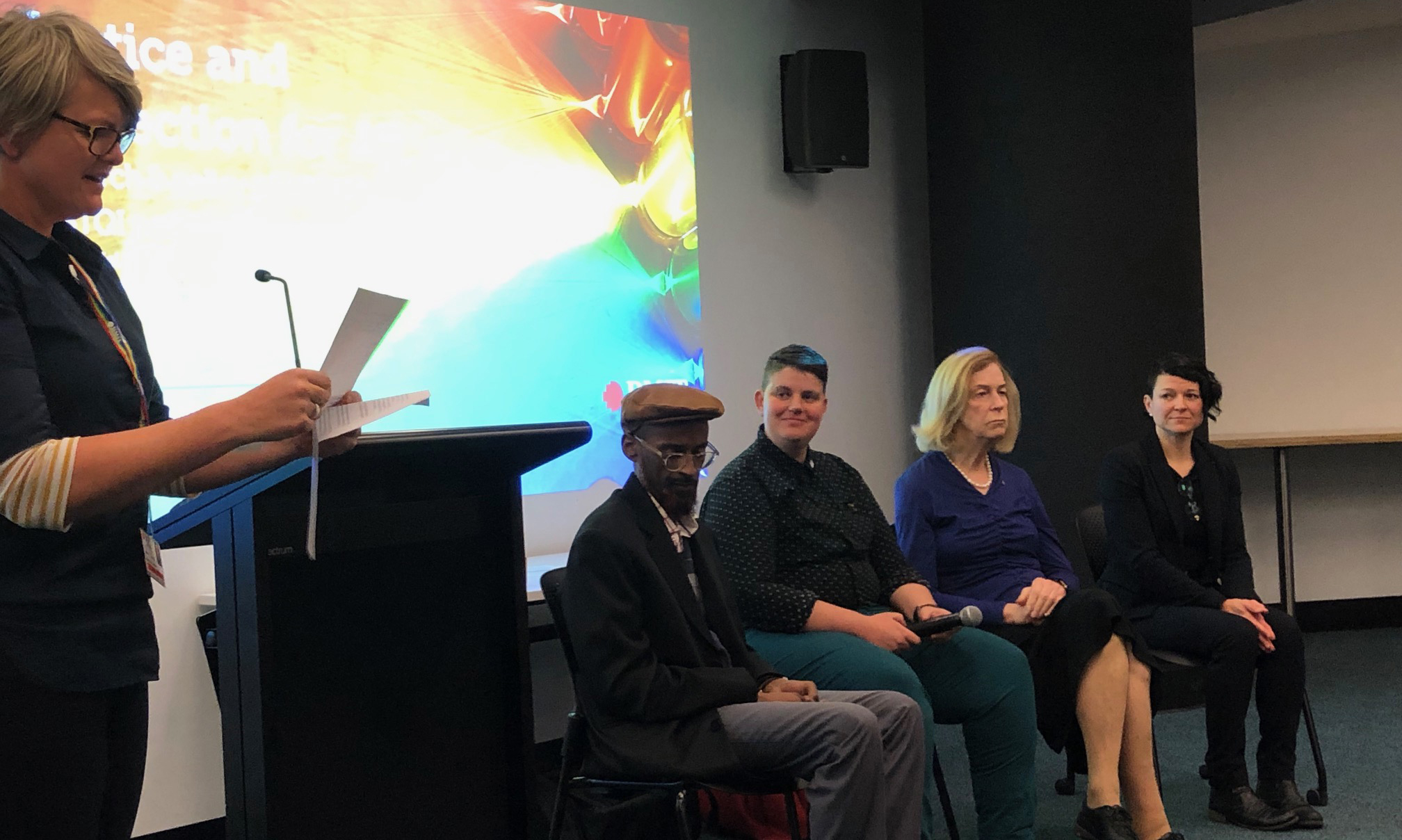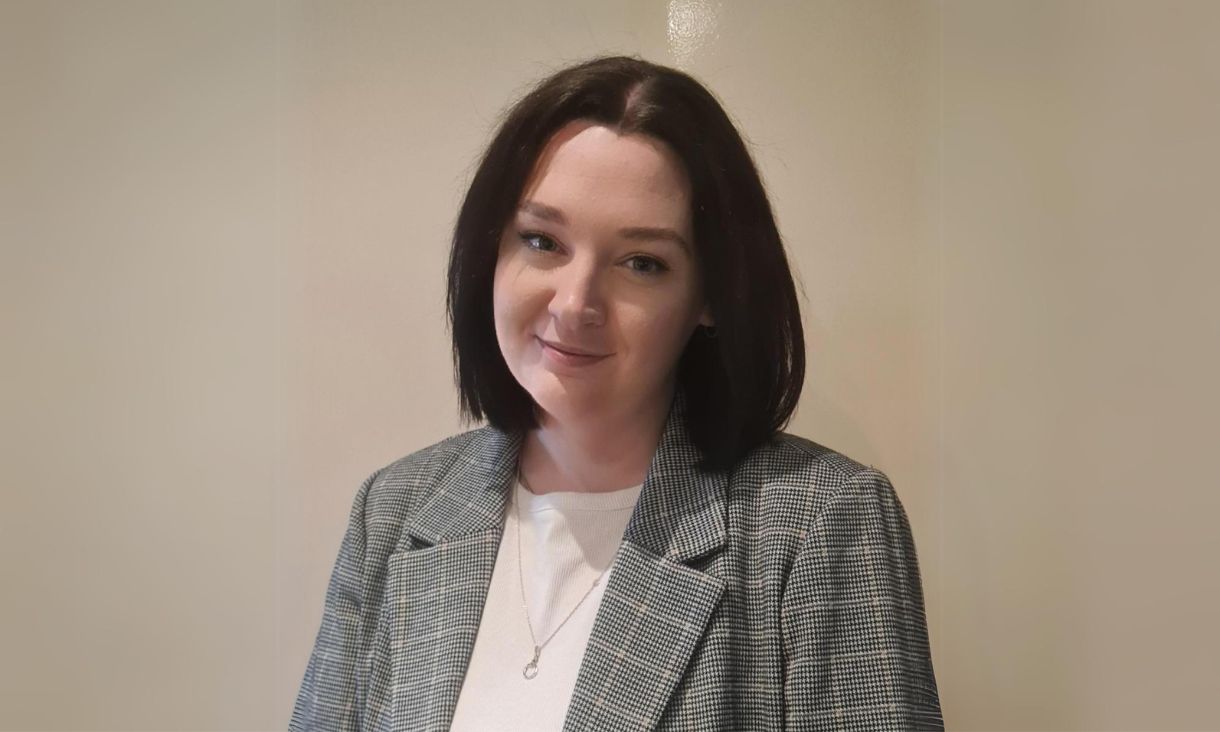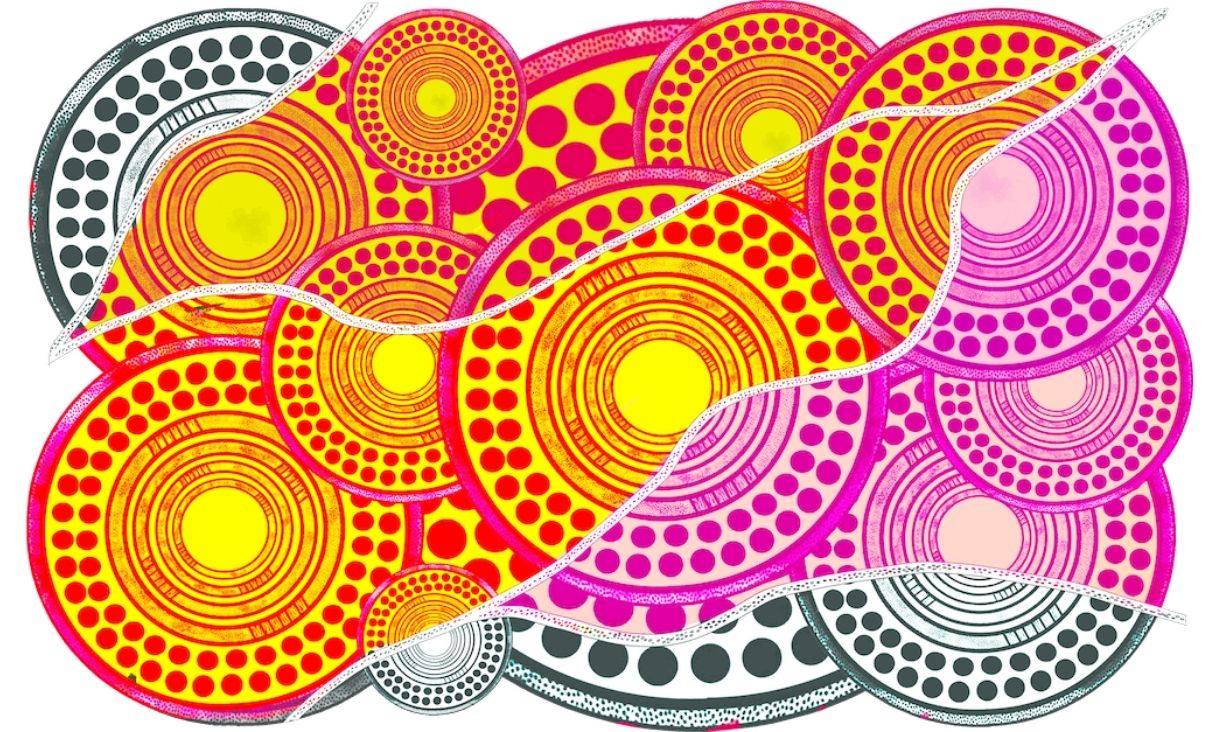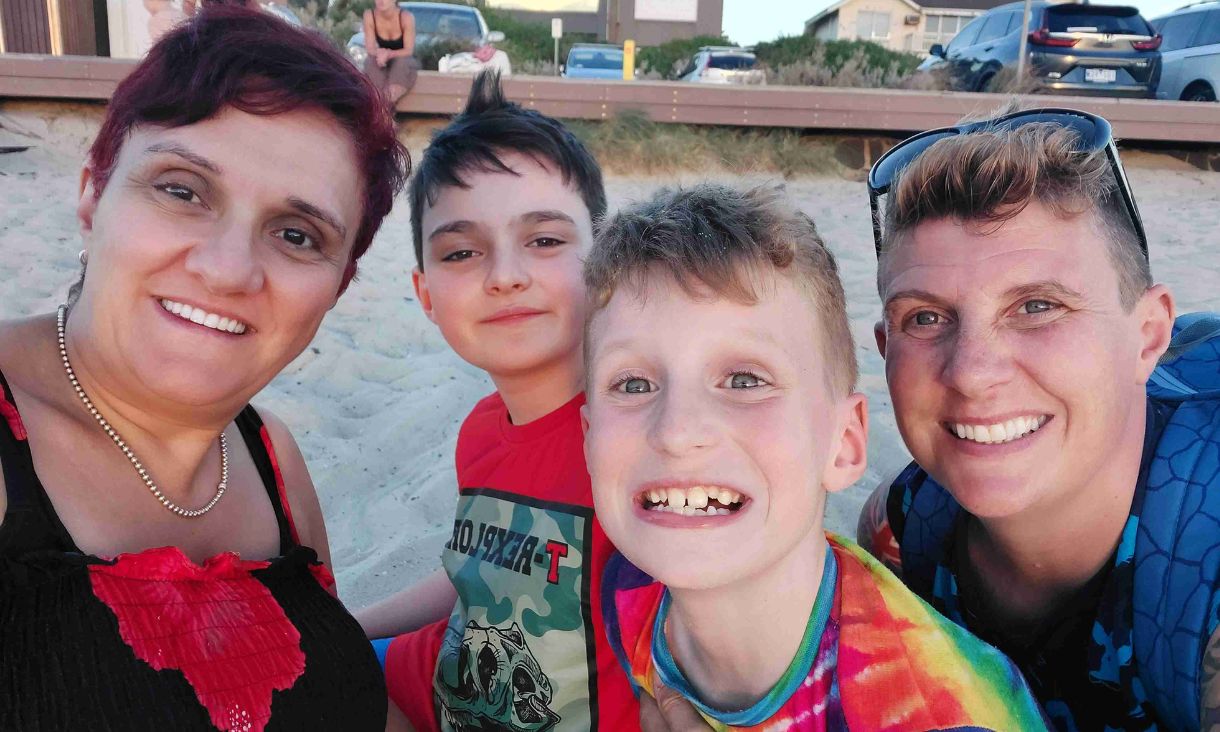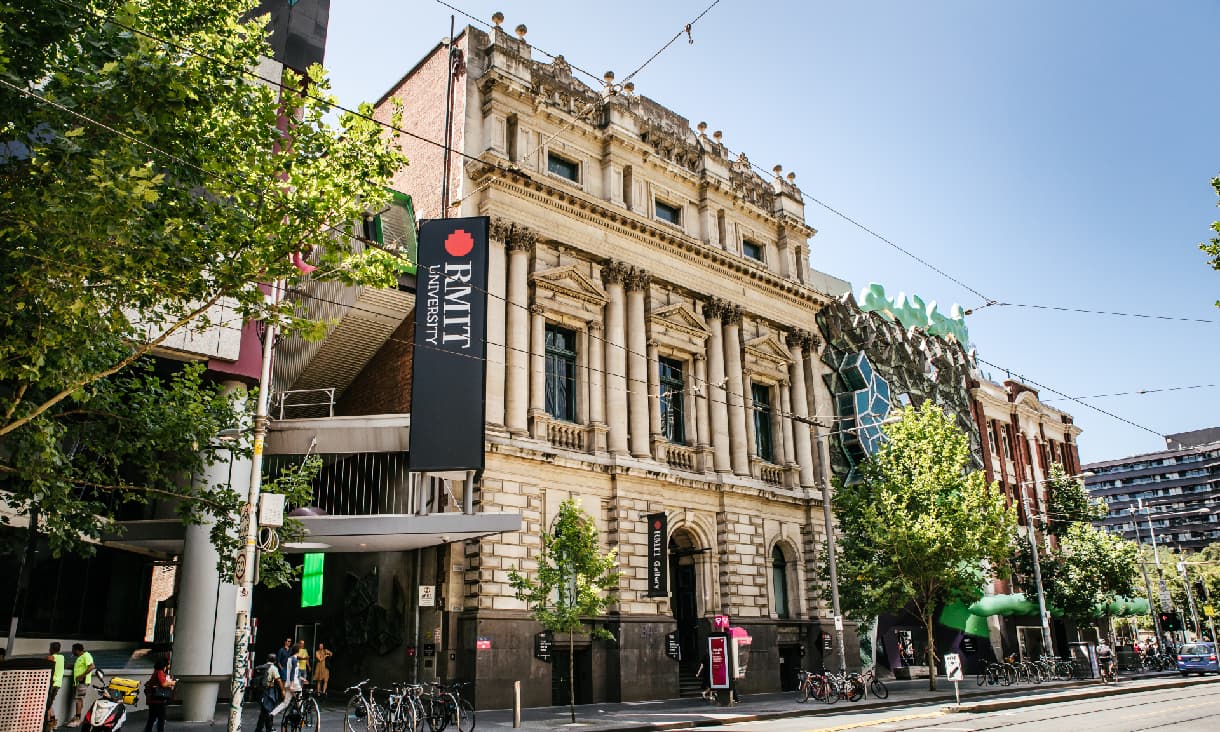Johnson opened the seminar with a reflection on the diversity of the LGBTQI community.
“Despite the appeal of speaking of LGBTQI as one collection, the experience of people within the community varies enormously, and affects people in different ways,” Johnson said.
“We’ve seen significant progress in the legal protection of LGBTQI people but legacies of oppression still live on.”
Ball said they believed in grassroots solutions to the systemic problems that LGBTQI people face on a day-to-day basis and emphasised the importance of the power of speaking out.
“The ability to speak freely about this topic is in itself a privilege,” they said.
“What justice and protection for all means to me is to break down the walls between us and fight together for the rights of others. Our collective silence will not protect each other.”
RMIT alumnus Appleton said the Victorian LGBTI Taskforce played a critical role working with the Labor Government on LGBTQI issues and supported equality through legislative reform, new policies and programs.
Appleton touched on key issues such as birth, deaths and marriages reform and religious exemptions in schools and aged care, and the negative impact of the binary prison system.
“It’s important that we look after everyone in our community and our trans and gender diverse people are struggling, even though through the work we’ve done it’s a lot better than it was. Justice is coming but it takes a long time, and we need to have a strategy to get there,” she said.
Appleton also touched on the problem with collecting data, since the majority of LGBTQI people won’t identify themselves for fear of repercussion.
“Far too much is happening in siloes so there’s a lot of issues we don’t pick up on. We need to work towards a holistic response, do away with individual subgroup categories, and treat people with dignity and respect to create equity for all,” she said.
Wasame spoke of the importance of remembering the I in IDAHOBIT, the international element, and Dwyer highlighted the importance of working with the criminal justice system to strive for improvement.
Observed on 17 May, IDAHOBIT aims to raise awareness of LGBTQI rights violations and promote the work of people advocating for social justice for the community.
Events are held worldwide to raise global awareness of violence, discrimination, and repression of LGBTQI communities, creating avenues for action and engagement with the media, policymakers, public opinion, and wider society.
The panel discussion was held as part of RMIT’s second annual Pride Week, which acknowledges the diverse genders, sexes and sexualities community with the aim of promoting and sustaining a sense of belonging through conversations.
IDAHOBIT concluded five days of events and discussions designed to foster inclusion.
Story: Jasmijn van Houten

